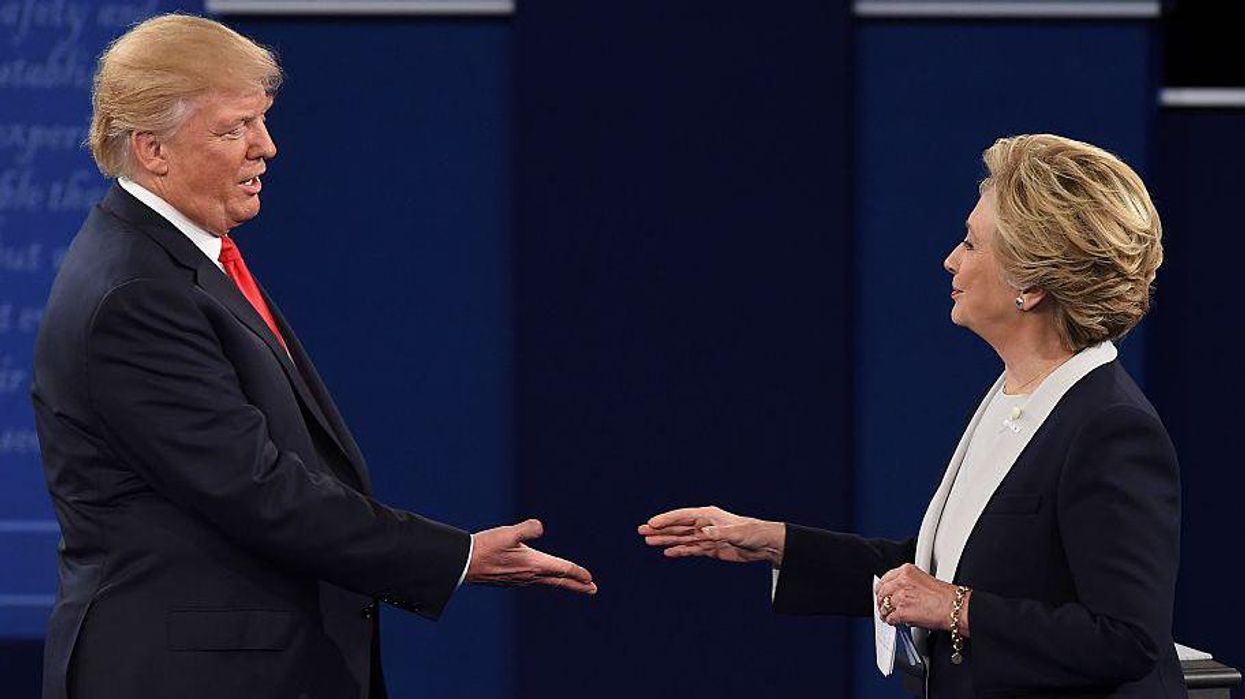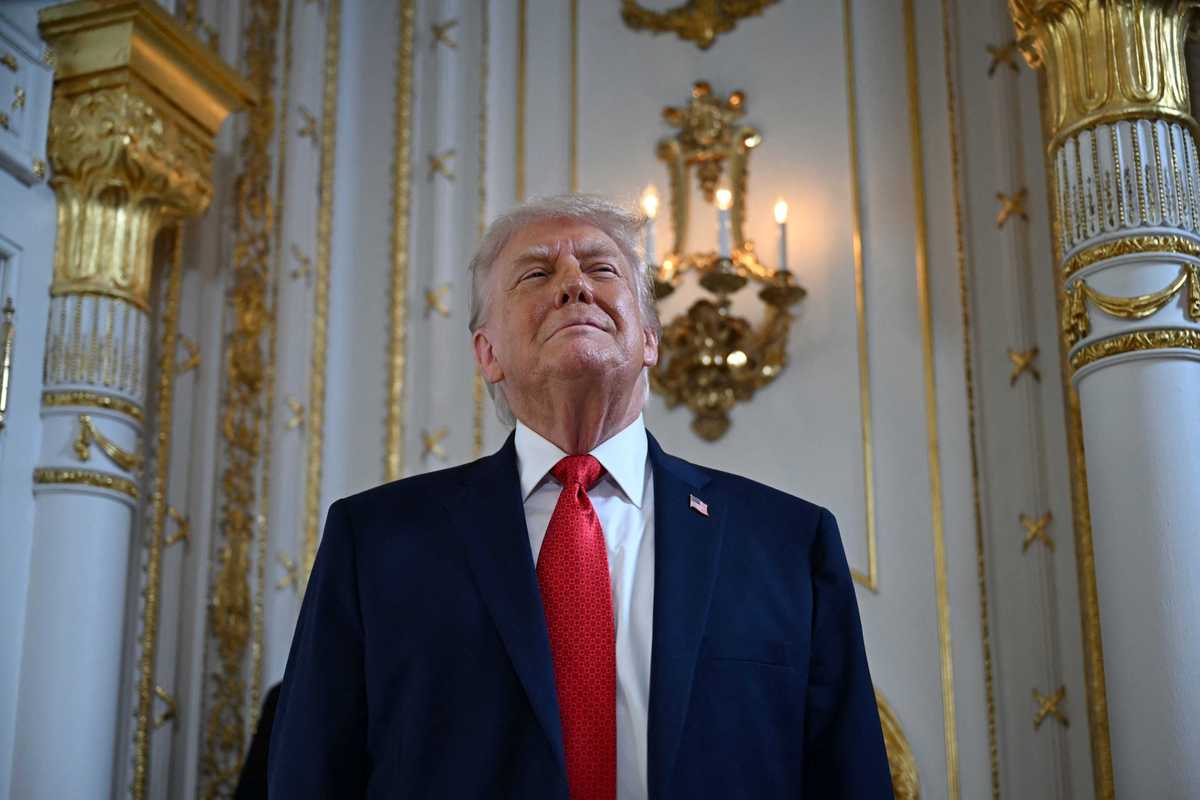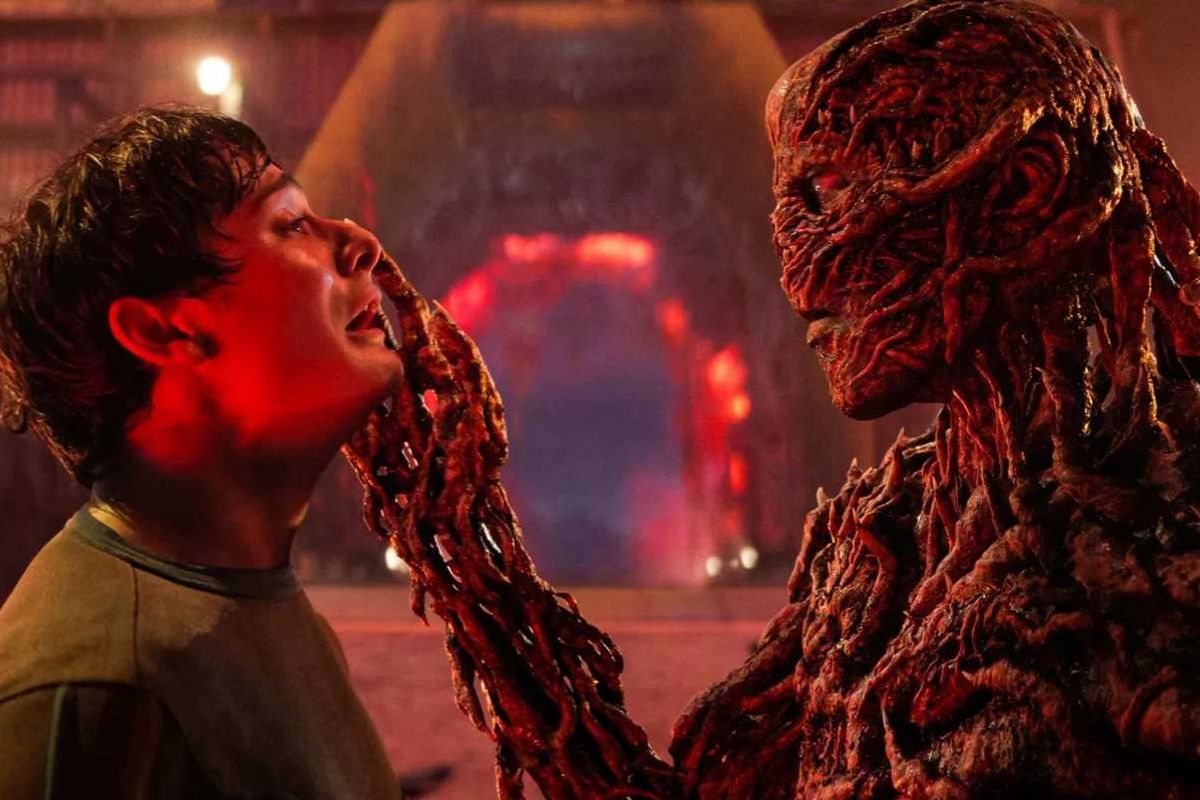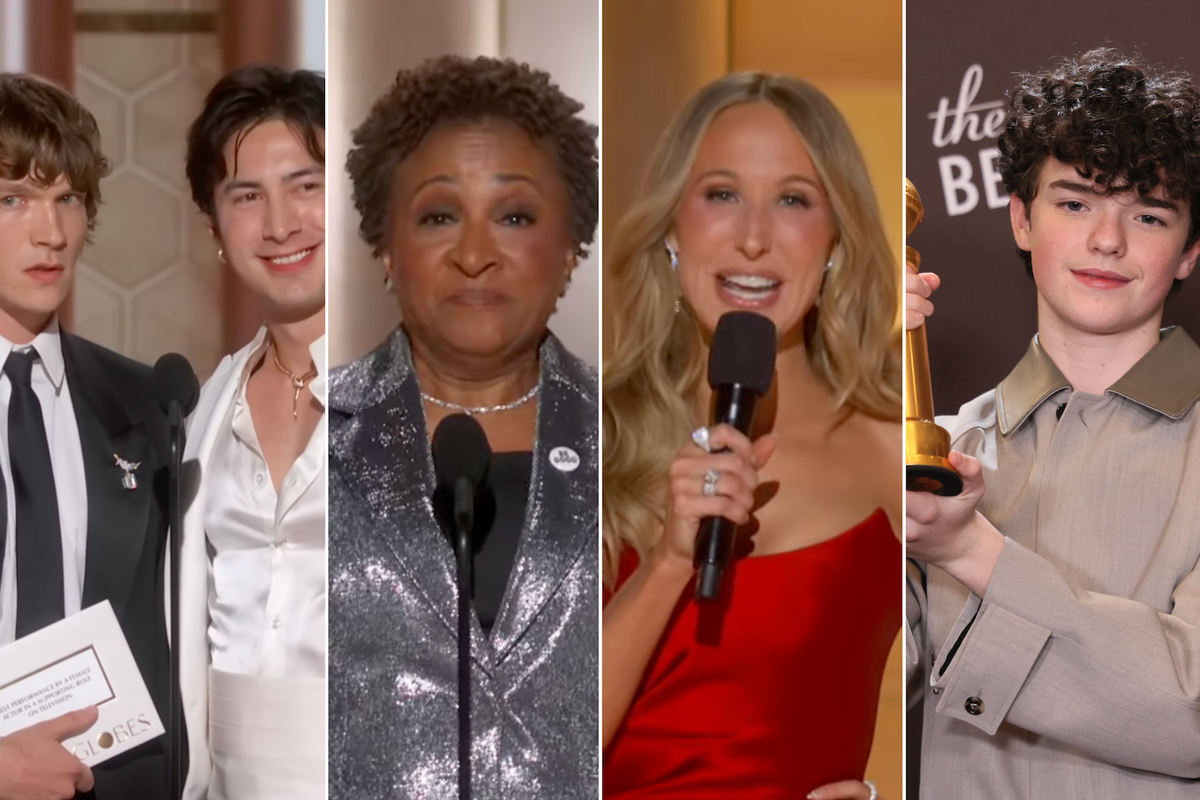Joe Vesey-Byrne
Mar 07, 2017

Picture:
ROBYN BECK/AFP/GETTY IMAGES
A new social study has found that since Donald Trump's election win, men have begun negotiating more aggressively with women.
During the presidential debates, the first in the US in which a male candidate was pitted against a female candidate, Donald Trump and Hillary Clinton's clash was discourteous at the best of times.
Then candidate Trump threatened to imprison Clinton if he were in office and at one stage almost appeared to stalk her around the stage.
A cultural change?
In the wake of Donald Trump's Presidential win, the Wharton School of Business, at the University of Pennsylvania has published a new study, which examines the way that men bargain with women.
Assistant professor Corinne Low and doctoral student Jennie Huang studied how communication styles differed between men and women.
They found that prior to November's election, men were more 'gentle' in their negotiations with women.
Battle of the Sexes
Low and Huang invented a game 'Battle of the Sexes', in which pairs chosen at random were told to negotiate over the splitting of $20 USD.
One participant was allowed to keep $15, the other $5. If the pair failed to come to an agreement, neither would leave with any money at all.
Low and Huang conducted the game in October, and then again in November after the election.
The results showed a spike in the number of male participants who hard lined their demand for the $15, or else they'd settle for nothing when their partner was a woman.
The increase in demand for the greater share was recorded as 140 per cent, and the number of pairs who both walked away with nothing also rose drastically.
The Art of the deal
Low and Huang are due to a publish their findings in May, in a paper entitled 'Trumping the Norm', which will appear in the American Economics Review: Papers and Proceedings'.
When the Battle of the Sexes game was conducted prior to the election, Low recorded that male participants were more likely to display:
What could be classified as 'chivalry' towards female partners.
However, Low also recorded some circumstances that made each test differ.
For instance the second, post-election test, followed an incident at the University of Pennsylvania in which several black students were added to what she described as a 'racist' social media group.
Low wrote that these 'specific campus events' as well as the 'broader national context' could not be ruled out as forces driving the results.
I'm an economist so I'll stay in my lane... It's not something we can 100 per cent rule out, but it really suggests to us that it's people's behaviour that's changing, rather than that it's the people who are changing.
HT Russia Today
Top 100
The Conversation (0)













